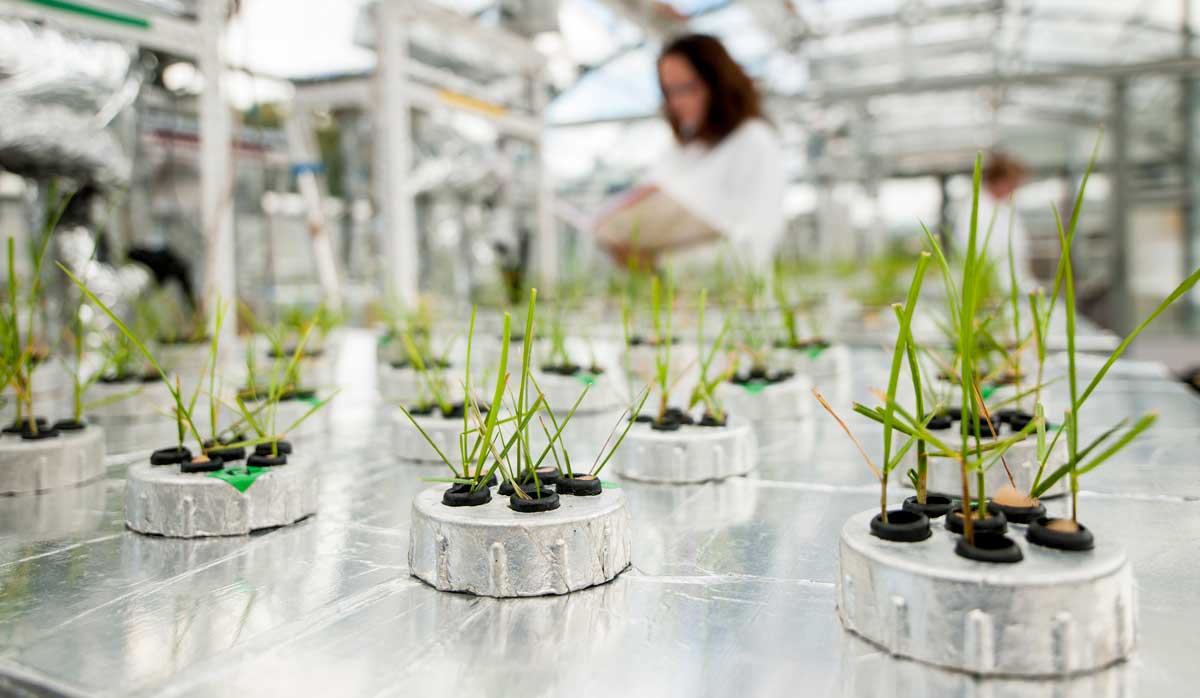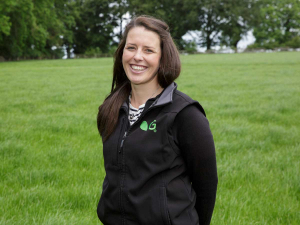A new higher-fat variety of ryegrass could help farmers boost production while lowering methane emissions, says agricultural seed company Germinal.
It has partnered with the Institute of Biological, Environmental and Rural Sciences (IBERS) in Wales to develop ryegrass with an increased lipid (fat) content.
The objective is to make the feed more energy-dense, improving milk production in dairy cows and growth rates in beef and sheep, it says.
The grass is being developed using conventional plant breeding methods, with no gene editing or modification required.
“Lipids, in other words fats and oils, have roughly double the energy value of carbohydrates for the same weight,” says Germinal New Zealand general manager Sarah Gard.
“We’ve known for a long time that adding fats – up to a certain level – increases animal productivity. But non-pasture feed supplements are generally expensive, which can offset any gains in milk solids or revenue.
“However, if the pasture has higher concentrations of lipids, the grazing animal naturally has a high intake without the need for supplements. Stock will get extra fats directly from the grass.”
 |
|---|
|
The ryegrass is being developed alongside Wales scientists.
|
Germinal hopes to breed ryegrass with a lipid concentration of 5% – double that found in current varieties.
The benefits could also extend beyond animal performance, with lab tests indicating that high lipid grass can mitigate climate change by reducing greenhouse gas emissions.
“The work being done at IBERS has shown that increasing the lipid content of grass reduces methane emissions from ruminant livestock, by changing rumen fermentation patterns and breaking down protein more efficiently,” says Sarah.
“We hope to extend this work in the near future by feeding sheep with high lipid grass and then measuring how much methane they produce.”












